Singapore’s roads are evolving, and so are the fuels that power the vehicles traversing the city. From traditional petrol and diesel to compressed natural gas (CNG), hybrids, and fully electric vehicles (EVs), each fuel type offers distinct advantages and trade-offs. Read on to explore what works best for different driving needs in Singapore’s unique urban context.
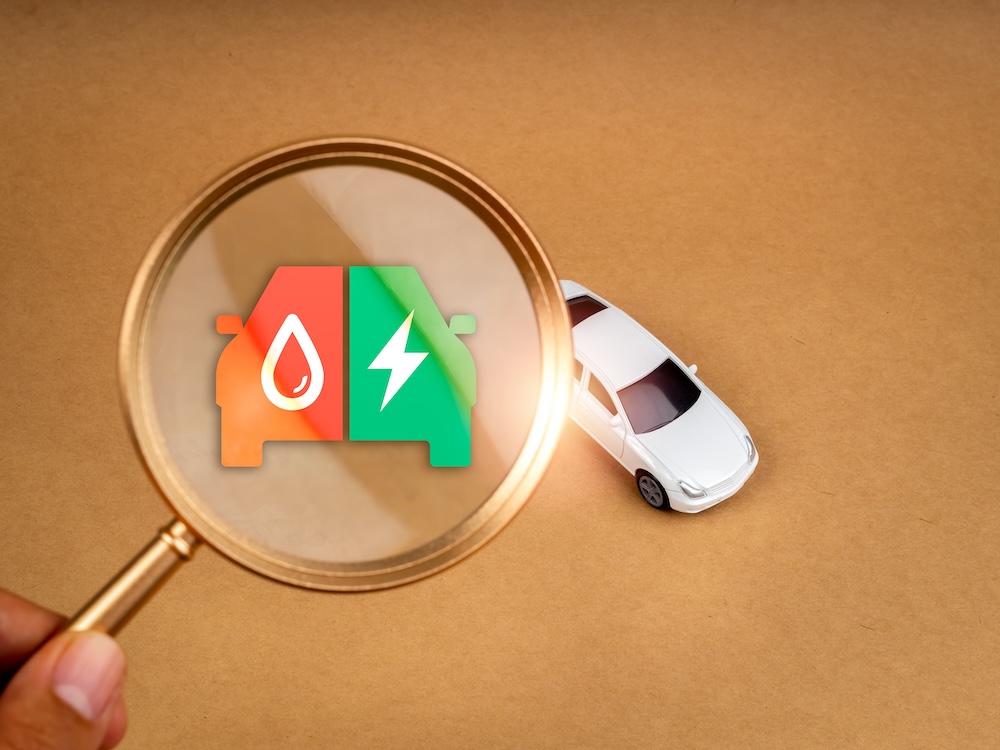 Singapore’s compact cityscape, ambitious environmental targets, and high vehicle costs make car fuel more significant than ever. As the nation pushes towards cleaner transportation and prepares to phase out internal combustion engine (ICE) vehicles by 2040, drivers are presented with a wider array of fuel options than ever before. Understanding these options is essential for making an informed decision that suits both your personal needs and Singapore’s vision for a greener future.
Singapore’s compact cityscape, ambitious environmental targets, and high vehicle costs make car fuel more significant than ever. As the nation pushes towards cleaner transportation and prepares to phase out internal combustion engine (ICE) vehicles by 2040, drivers are presented with a wider array of fuel options than ever before. Understanding these options is essential for making an informed decision that suits both your personal needs and Singapore’s vision for a greener future.
Petrol: The Familiar Standard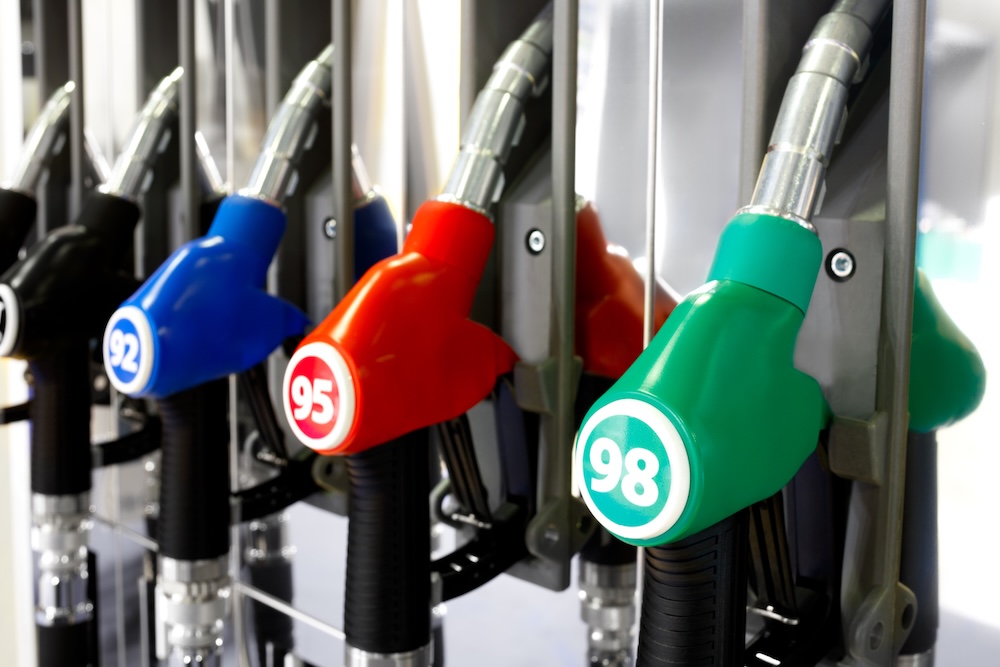
The three main petrol grades in Singapore: 92, 95, and 98 octane, primarily differ in their octane ratings, which indicate each fuel’s resistance to engine knocking or pre-ignition. Higher octane fuels, such as 95 and 98, are more stable and less likely to ignite prematurely under the pressure of the engine, which is especially important for high-compression or performance engines. 92-octane petrol is the lowest grade available and is suitable for older or standard engines that don’t require high compression.
The most widely used grade is 95-octane, as it balances affordability with the needs of most modern cars. 98-octane petrol, while more expensive, is typically reserved for high-performance or luxury vehicles; these engines are engineered to take advantage of the fuel’s enhanced stability, resulting in smoother and more efficient operation. However, using a higher-octane petrol than required does not improve performance or fuel efficiency in engines designed for lower grades. All three types are similar in that they serve as primary fuels for internal combustion engines, but they are best matched to engine types according to the manufacturer’s recommendation, ensuring optimal performance and cost-effectiveness for the driver.
However, as Singapore intensifies its focus on environmental sustainability, petrol’s higher carbon emissions and the government’s push towards cleaner alternatives are gradually diminishing its appeal. Petrol vehicles are still an excellent option for those who value convenience and have moderate driving needs, but their long-term viability is increasingly in question as the city-state moves towards greener transport solutions.
Diesel: Efficiency with an Expiry Date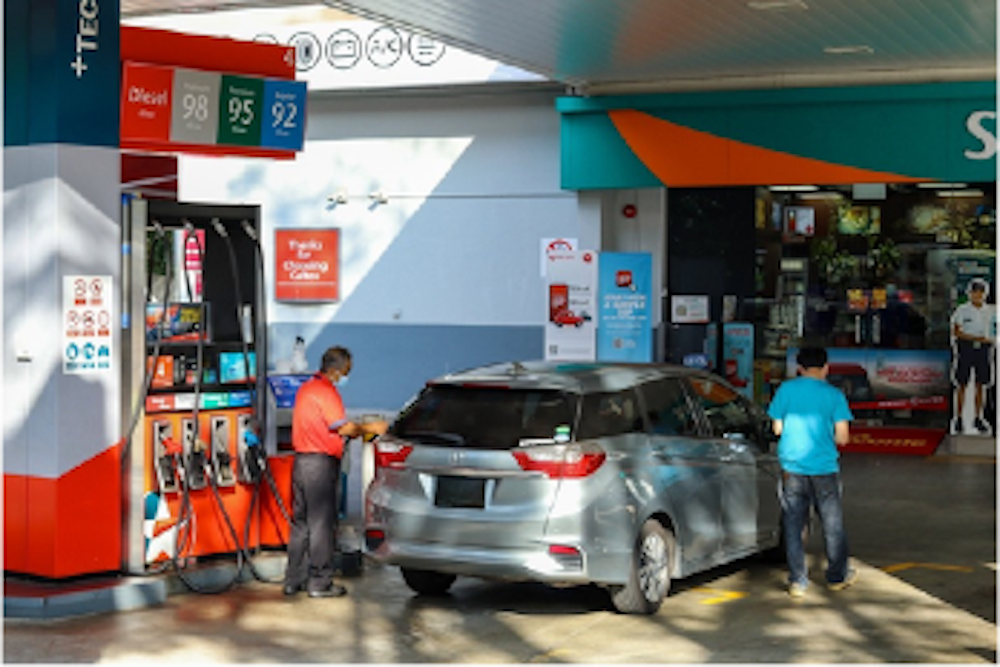
Diesel has long been favoured by commercial drivers and taxi operators due to its superior fuel efficiency and engine durability. Diesel engines typically deliver about 30% better mileage than their petrol counterparts, making them attractive for those who cover long distances or operate large fleets. The cost per litre is generally lower, and diesel engines are renowned for their longevity and lower maintenance frequency.
However, diesel’s environmental drawbacks, particularly its higher emissions of particulates and nitrogen oxides, have led to stricter regulations. Singapore has announced a ban on new diesel car and taxi registrations from 2025, a clear signal of the fuel’s declining relevance in the private vehicle market.
While diesel remains a practical choice for certain commercial applications in the short term, private car buyers should be cautious, as the infrastructure and support for diesel vehicles are likely to wane in the coming years.
Compressed Natural Gas (CNG): A Fading Alternative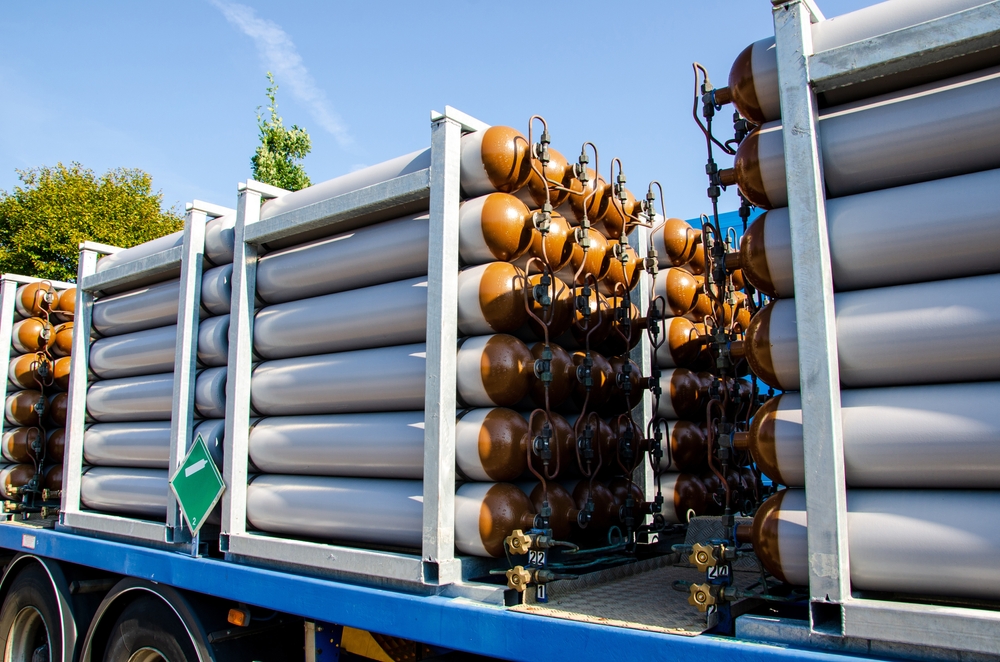
CNG once offered a promising middle ground between traditional fossil fuels and cleaner alternatives. It emits less carbon dioxide than petrol or diesel and was, for a time, promoted as a greener, cost-effective option. However, the CNG market in Singapore has shrunk dramatically. Today, only a handful of CNG vehicles remain on the roads, and the number of refuelling stations is extremely limited. The lack of new CNG vehicle models and diminishing infrastructure has rendered this option largely impractical for most drivers. CNG may still serve a niche segment, particularly for commercial operators with access to dedicated refuelling points, but for the average motorist, it is no longer a viable or future-proof choice.
Hybrid Cars: The New Mainstream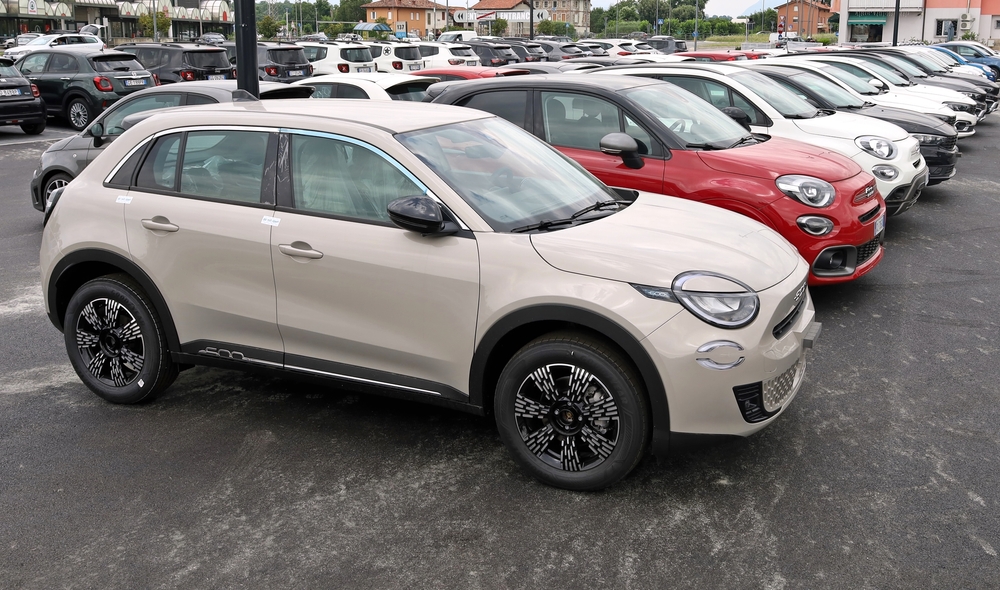
Hybrid vehicles have surged in popularity, now representing nearly half of all new passenger car registrations in Singapore. These vehicles combine a conventional petrol engine with an electric motor, allowing for significant improvements in fuel efficiency and reductions in emissions without the need for external charging.
Hybrids are especially effective in urban environments, where frequent stops and starts enable them to maximise the benefits of regenerative braking and electric-only driving. They offer a seamless transition for drivers who want to be more environmentally conscious but are not ready to commit to a fully electric vehicle.
The initial purchase price of hybrids is slightly higher than that of petrol cars, but this is often offset by lower fuel costs and government incentives under the Vehicular Emissions Scheme (VES). Maintenance can be more complex due to the dual powertrain, but for most users, hybrids strike an appealing balance between convenience, efficiency, and sustainability.
Electric Vehicles (EVs): The Future, Now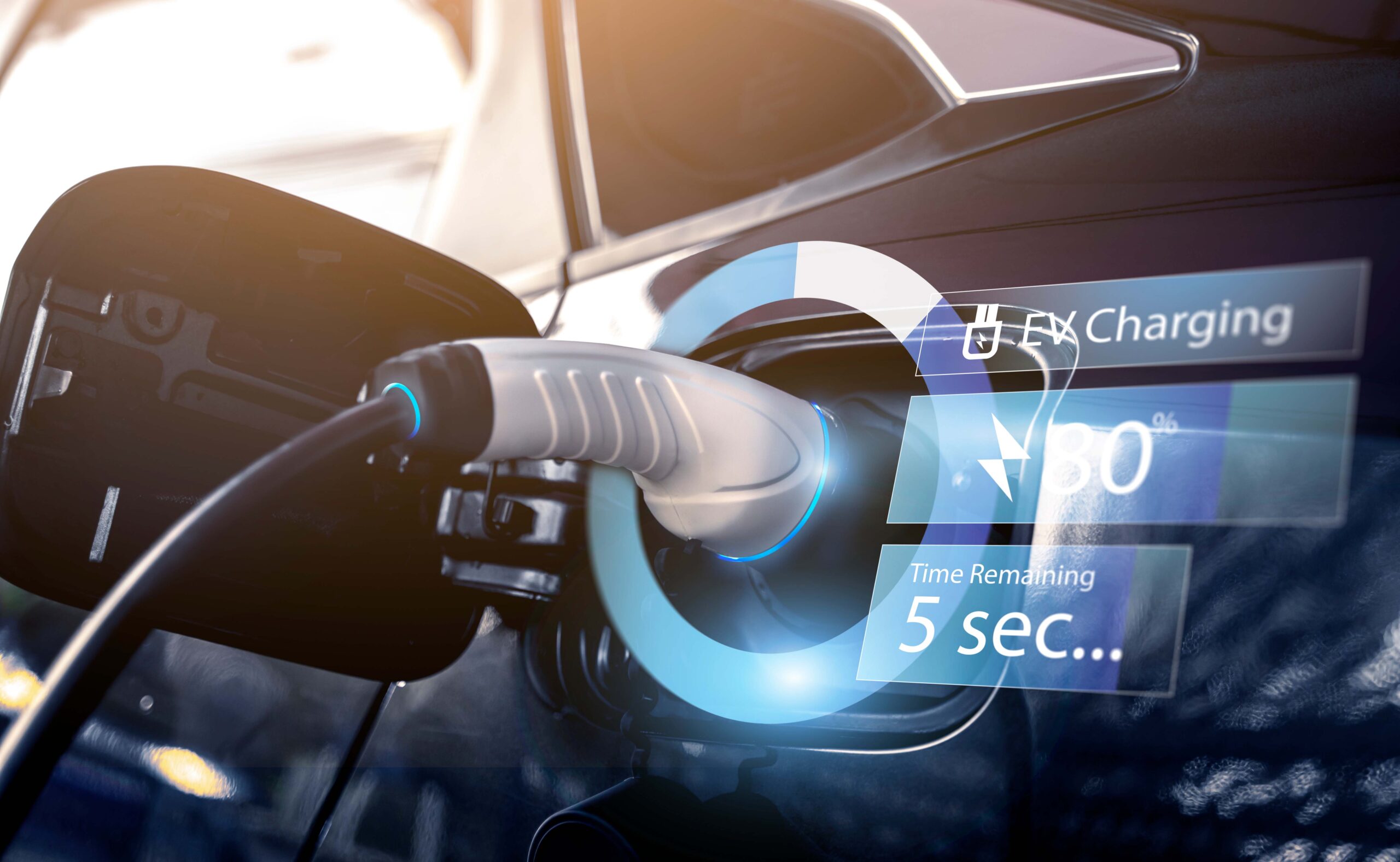
Electric vehicles are rapidly gaining ground in Singapore, buoyed by government incentives, a growing charging network, and increasing consumer awareness of their environmental benefits. EVs produce zero tailpipe emissions, making them the cleanest option available for urban drivers. The cost of ownership is also attractive in the long run, thanks to lower energy costs and reduced maintenance needs.
Electric motors have fewer moving parts and do not require oil changes. While the upfront cost of EVs remains higher than that of petrol or hybrid vehicles, generous rebates and tax breaks are narrowing the gap. The main consideration for prospective EV owners is access to charging infrastructure, which, while expanding quickly, is not yet as widespread as petrol stations.
For most Singaporeans, whose daily driving distances are relatively short, the range of modern EVs is more than sufficient. Electric vehicles are particularly well-suited to environmentally conscious drivers and those with access to home or workplace charging, and they are poised to become the default choice as Singapore transitions to a clean-energy vehicle fleet by 2040.
Making the Right Choice for Your Needs
Selecting the best fuel type for your vehicle in Singapore depends on several factors, including your driving habits, budget, and access to infrastructure.
Petrol remains a practical option for those who prioritise convenience and have moderate driving needs, but its long-term prospects are limited by policy shifts and environmental concerns.
Diesel continues to offer unmatched efficiency for high-mileage and commercial users, but with the impending ban on new registrations, its role is diminishing. CNG, once a promising alternative, has become largely obsolete due to infrastructure and supply constraints.
Hybrids offer an excellent compromise for drivers seeking improved efficiency and lower emissions without the need to change their refuelling habits. They are particularly well-suited to urban commuters and families who want to reduce their carbon footprint without sacrificing convenience.
Electric vehicles represent the future of mobility in Singapore, offering the cleanest operation and lowest running costs, especially as the charging network expands and government support continues.
Policy and the Road Ahead
Singapore’s Green Plan 2030 and related policies are rapidly reshaping the vehicle landscape. The government’s commitment to phasing out internal combustion engine vehicles by 2040, banning new diesel car and taxi registrations from 2025, and incentivising cleaner alternatives is clear.
These measures mean that hybrids and EVs are the most future-proof choices for new car buyers. Prospective vehicle owners should consider not only their immediate needs but also the evolving regulatory and infrastructural landscape to ensure their choice remains viable in the years ahead.
Tips for Choosing the Right Fuel Type
When deciding on a fuel type, start by assessing your driving habits. If your daily commute is short and mostly within the city, an electric vehicle or hybrid may suit you best. For those who still require long-distance capability or operate commercial vehicles, diesel or hybrid options may be more appropriate in the short term.
Always consider the total cost of ownership, which includes not just fuel but also maintenance, road taxes, and potential government rebates.
Access to refuelling or charging infrastructure is another crucial factor—while petrol and diesel stations are ubiquitous, charging points for EVs are expanding rapidly but may not yet be available in every location.
Finally, plan for the future – with upcoming bans on certain fuel types, it is wise to invest in technologies that will remain supported and relevant for years to come.
Singapore’s fuel landscape is at a crossroads. Whether you’re a steadfast petrol driver, a hybrid convert, or ready to go fully electric, understanding your options is the first step to making a choice that suits your needs and Singapore’s greener future.



